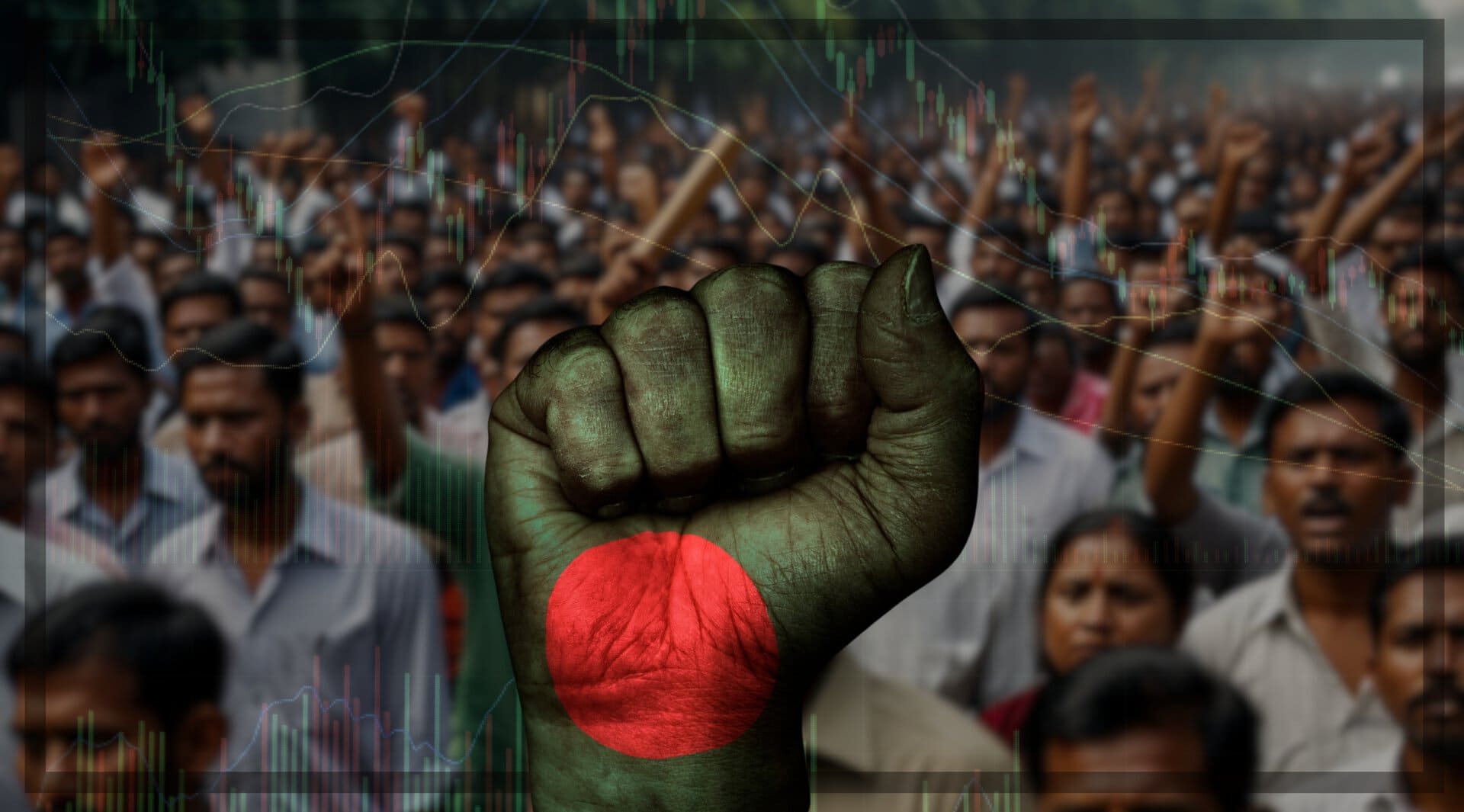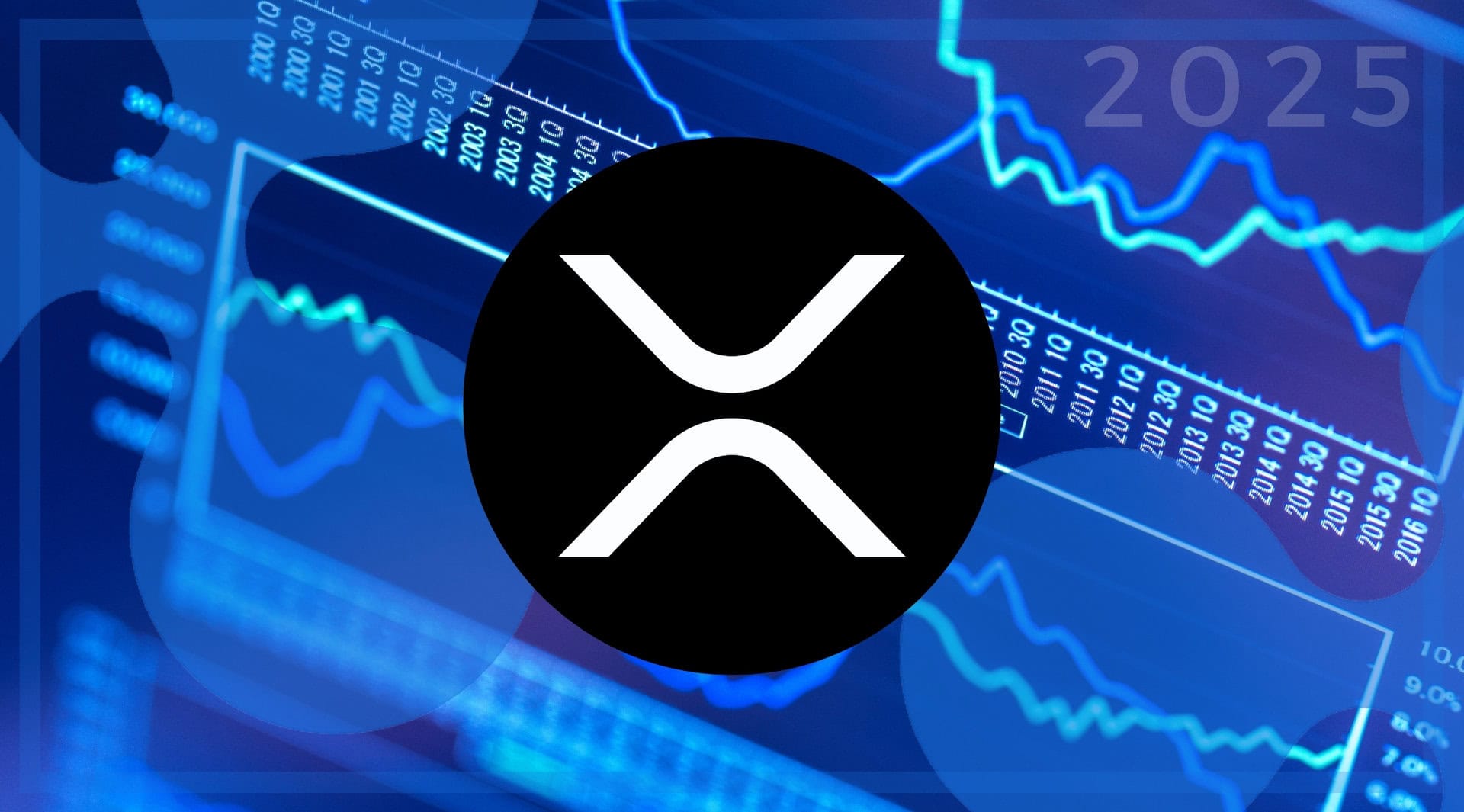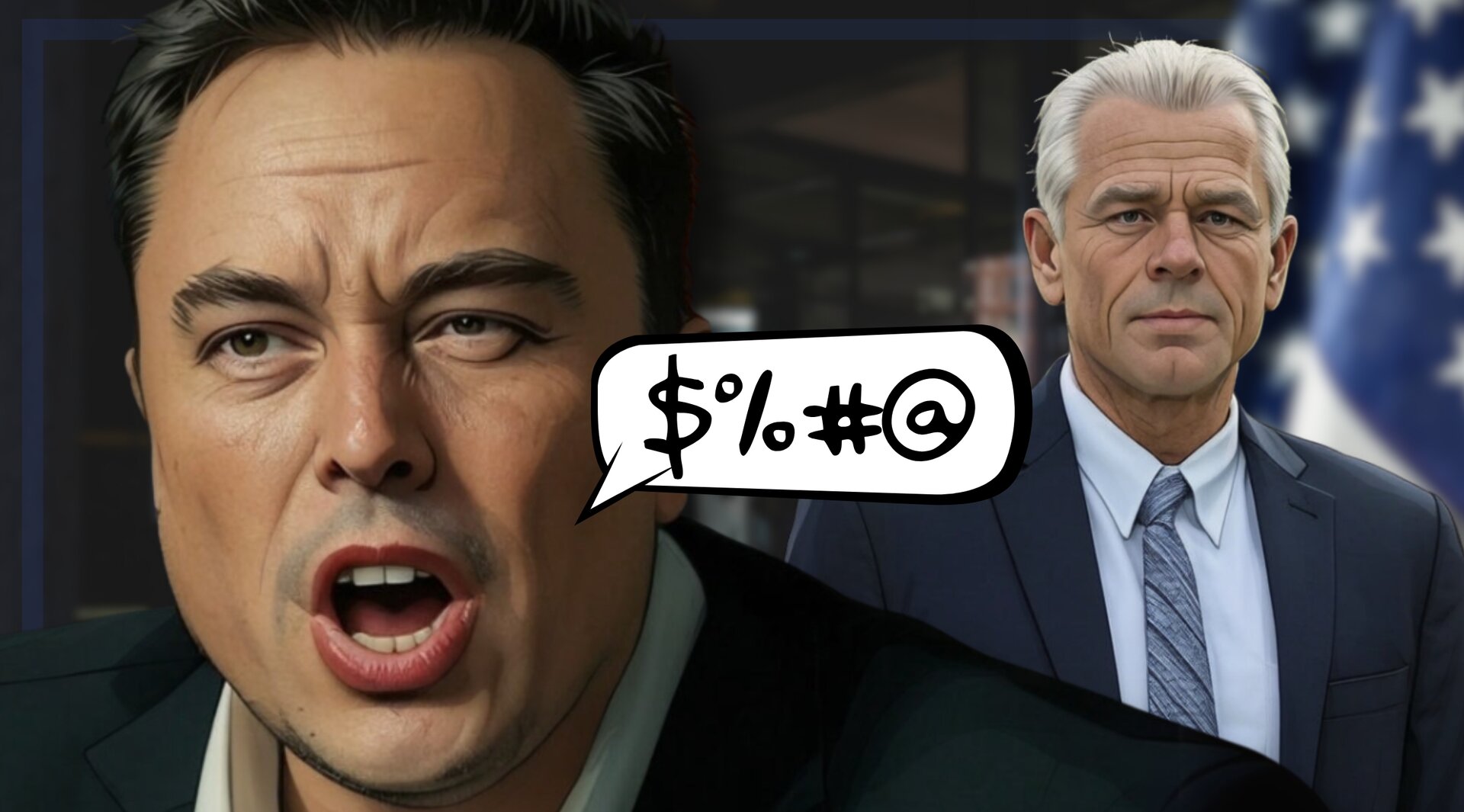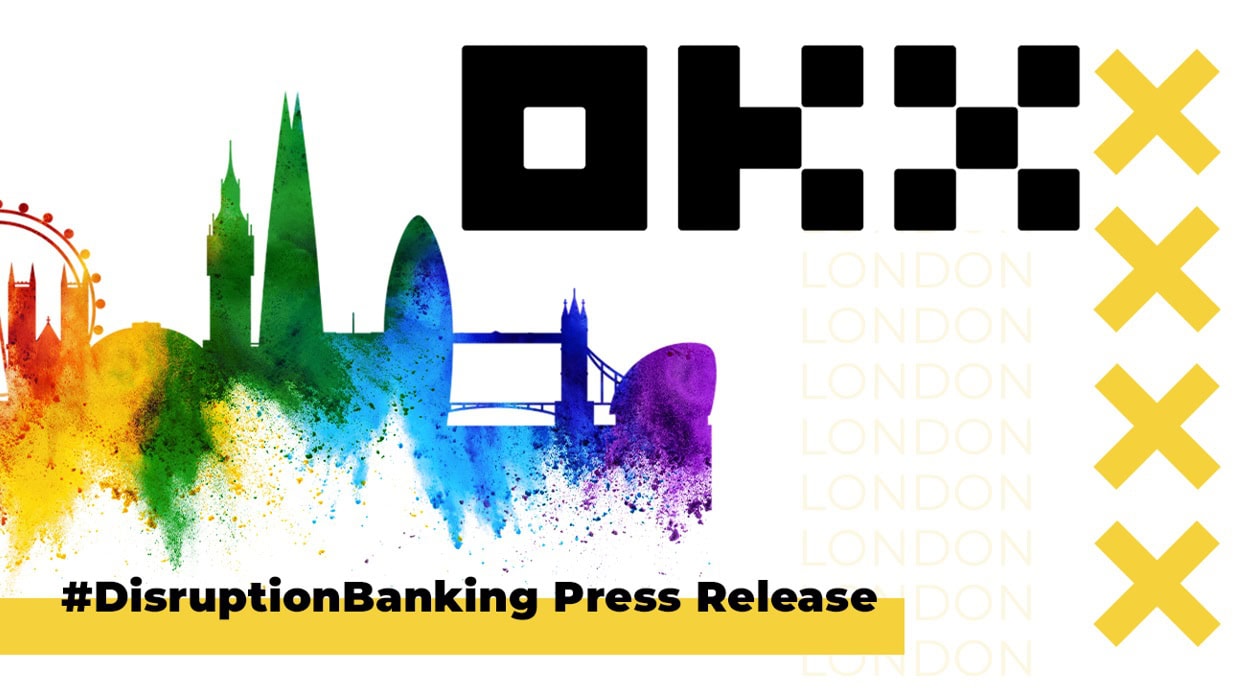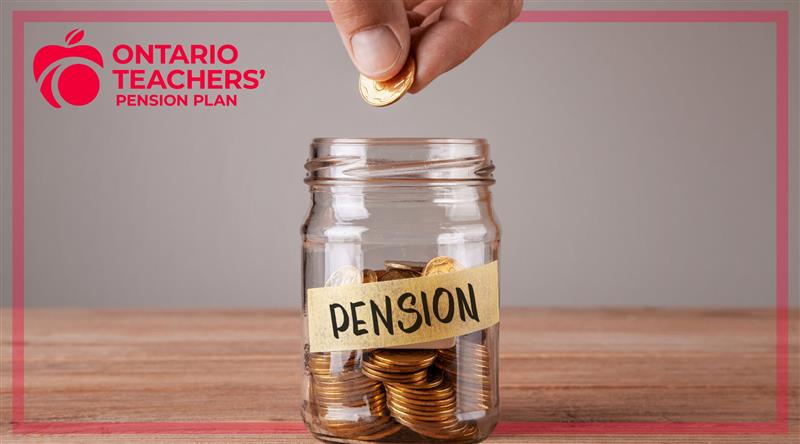Bangladesh has been facing a lot of problems recently. Protests have broken out all over the country, turning into a big movement against the government. At the same time, many people are now sending money home through unofficial channels.
The protests, also known as the Bangladesh quota reform movement or the July Revolution, began in 2022 as a student-led movement demanding the abolition of quotas in civil service jobs. Following the reinstatement of the pre-2018 quota system in government jobs — which was branded illegal by the courts — another protest broke out on June 5. These quotas reserved a third of the jobs for relatives of veterans from Bangladesh’s war for independence from Pakistan in 1971. The students argued that the system was discriminatory and needed to be overhauled. What started as a student-led movement had by 2024 quickly escalated into a mass movement — a nationwide uprising.
Under PM Sheikh Hasina's AUTHORITARIAN rule, Bangladesh imposes a curfew with a SHOOT-ON-SIGHT order for protestors demanding the end of government job quotas favoring members of Hasina's party. pic.twitter.com/Hamk4D0KfK
— Steve Hanke (@steve_hanke) July 20, 2024
The government’s harsh response, including a “shoot-on-sight” order, only fueled the fire. “This is no longer just a quota reform movement. It’s a movement against Hasina and her oppressive government,” said Nazia Andalib, an aspiring poet and NGO worker. People were angry about corruption, unemployment, and poor living conditions.
Although the initial demands were largely met, the protests soon transformed into a wider anti-government movement. In July 2024, the student-led protests intensified, leading to clashes that resulted in over 1,000 deaths. The government imposed a nationwide curfew, cut off internet access in parts of the country, and described the demonstrators as “terrorists” seeking to destabilize the nation.
The resignation of Prime Minister Sheikh Hasina on August 5, who had been in power for 16 years, was a major event in this ongoing struggle. She fled to India’s northeastern city of Agartala on a helicopter immediately afterward, and an interim government was announced by Bangladesh Army Chief Waker-uz-Zaman. The protests were marked by significant violence, with at least 20 people killed in the final days of her rule and over 10,000 people arrested nationwide.
When the people rise against a tyrannical government, no amount of killings will stop change. After killing hundreds of students in the student -led protests in Bangladesh, the government of the brutal Prime Minister Sheikh Hasina has resigned & fled the country! pic.twitter.com/nPVVz8j7px
— Donald B Kipkorir (@DonaldBKipkorir) August 5, 2024
Unofficial Remittance Channels
Remittances — money sent by people working abroad to their families back home — are very important for many families in Bangladesh. Traditionally, people used banks and official channels to send money. But now, unofficial remittance channels, often referred to as “hundi” or “hawala,” operate outside the formal banking system.
Dr. Monzur Hossain from the Bangladesh Institute of Development Studies said, “People need to send money quickly and safely, and the formal channels are just not reliable right now.”
As of November 2021, the UN reports that 96% of inbound remittances to Bangledesh are with cash, with only bKash via #Ripplenet as the only real mobile financial service provider (MFS) for digital remittances. #Ripple https://t.co/2gbHIhfp6s pic.twitter.com/ERuzoOa3YP
— WrathofKahneman (@WKahneman) June 6, 2022
The Hawala system is an informal way of transferring money without any physical money actually moving. It’s often called a “money transfer without money movement” or simply “trust.” It is an ancient method of transferring money that originated in South Asia during the 8th century. It is still widely used today, especially in the Middle East, North Africa, and South Asia. India is one of the largest recipients of remittances globally, with over $100 billion received in 2023. Similar to India, Pakistan also sees a large amount of remittances sent through informal channels. In 2022, Pakistan received around $31 billion in remittances.
The system operates outside traditional banking systems and relies heavily on trust and personal relationships between hawaladars. No formal contracts or promissory notes are used. Transactions are not officially recorded, providing anonymity to the parties involved. Hawala transactions are usually faster and cheaper than traditional bank transfers. Fees are often lower, and exchange rates are better. It is especially useful in regions where formal banking is expensive or difficult to access.
Despite fears, remittances to most regions have returned strongly. Some of this reflects the sizeable policy support in high-income countries, but some is likely better measurement as formal remittances rise when informal channels of remittances through visits home became harder. pic.twitter.com/cyI2WnC1mY
— Gita Gopinath (@GitaGopinath) March 26, 2021
According to a report, the use of informal routes for transferring remittances has increased due to the country’s unstable foreign exchange market. “Many expatriates prefer these methods as they demand less time and formality,” noted a local banker. In August 2024, Bangladesh received $2.22 billion in remittances, which was 39% higher than the previous year.
Socio-Economic Implications
While remittances are beneficial, the shift to unofficial channels poses risks. Remittances make up about 5.6% of Bangladesh’s GDP, according to the World Bank. This shows how important remittances are for the economy. Informal methods like “hundi” or “hawala” do not contribute to the country’s official foreign exchange reserves, which are essential for financial stability. This can lead to a persistent dollar problem, affecting the ability of firms to settle international payments. A study published in SAGE Open Journals found that remittances have helped improve social and economic indicators like nutrition, housing, and poverty reduction.
“The persistent dollar problem in the financial market is hurting firms’ capacity to settle letter of credit payments,” reported The Business Standard.
In rural areas, remittances help ease credit constraints for unbanked households, facilitate asset accumulation, and promote business investments. Over 50% of global remittances are sent to rural regions, where 75% of the world’s poor and food-insecure people live. These funds are often used to cover essential expenses like food, medical bills, school fees, and housing costs. They also enhance financial literacy and reduce poverty.
“International remittances are now less expensive and time-consuming thanks to new technology,” said an expert. But they also come with risks. For example, it is easier for criminals to steal money sent through unofficial channels. The Business Standard warns that using informal channels might make it easier for criminals and fraudsters to intercept or steal remittances. Additionally, these channels are not regulated by the government, making it hard to monitor the flow of money. According to the World Bank, remittances through unofficial channels can hurt the economy by reducing financial inclusion and increasing the risk of money laundering.
Government Initiatives
Remittances have been a key driver of economic growth and poverty reduction in Bangladesh. Over the past 30 years, remittances have increased at an average annual rate of 19%. In the fiscal year 2023-24, Bangladesh received $23.91 billion in remittances, the highest in three years. Remittances are crucial for the country’s economy, often exceeding other types of foreign exchange inflows like official development assistance and net earnings from exports.
However, sending remittances can be costly sometimes. On average, currency conversions and fees cost 6.4% of the total amount sent, which is double the target set by the Sustainable Development Goals. Innovations like blockchain and mobile money can help reduce these costs and make remittances more affordable.
The Bangladeshi government has implemented several initiatives to address these issues. In response to the significant drop in remittances due to the protests, Bangladesh Bank instructed some banks to offer higher exchange rates for dollars to attract remittances. By July 29, 2024, several banks had increased their rates for buying inward remittances by Tk0.5 to Tk1. To encourage the use of official channels, the government and Bangladesh Bank implemented an incentive plan. Initially, this plan offered a 2.5% cash incentive on remittances sent through legitimate channels. This incentive aims to make official channels more attractive compared to unofficial ones.
The government has equally taken steps to simplify the process of sending remittances through official channels. This includes reducing paperwork and making it easier for expatriates to send money home. These measures are designed to make the official channels more user-friendly and efficient. Additionally, the government has launched campaigns to educate the public about the risks associated with using unofficial remittance channels. These campaigns feature the benefits of using official channels, such as security and contribution to the national economy.
The protests in Bangladesh have caused a big change in how people send and receive money. Economist Zahid Hussain said, “While unofficial channels provide a quick fix, they are not sustainable in the long run. The government needs to restore stability and confidence in the formal banking system.” Thus, while the “Hawala” have some benefits, they also pose serious risks to the economy. The government needs to fix the root causes of the unrest and make people trust the banks again.
Author: Richardson Chinonyerem
#Bangladesh #Asia #ForeignExchange #Remittances #Payments


